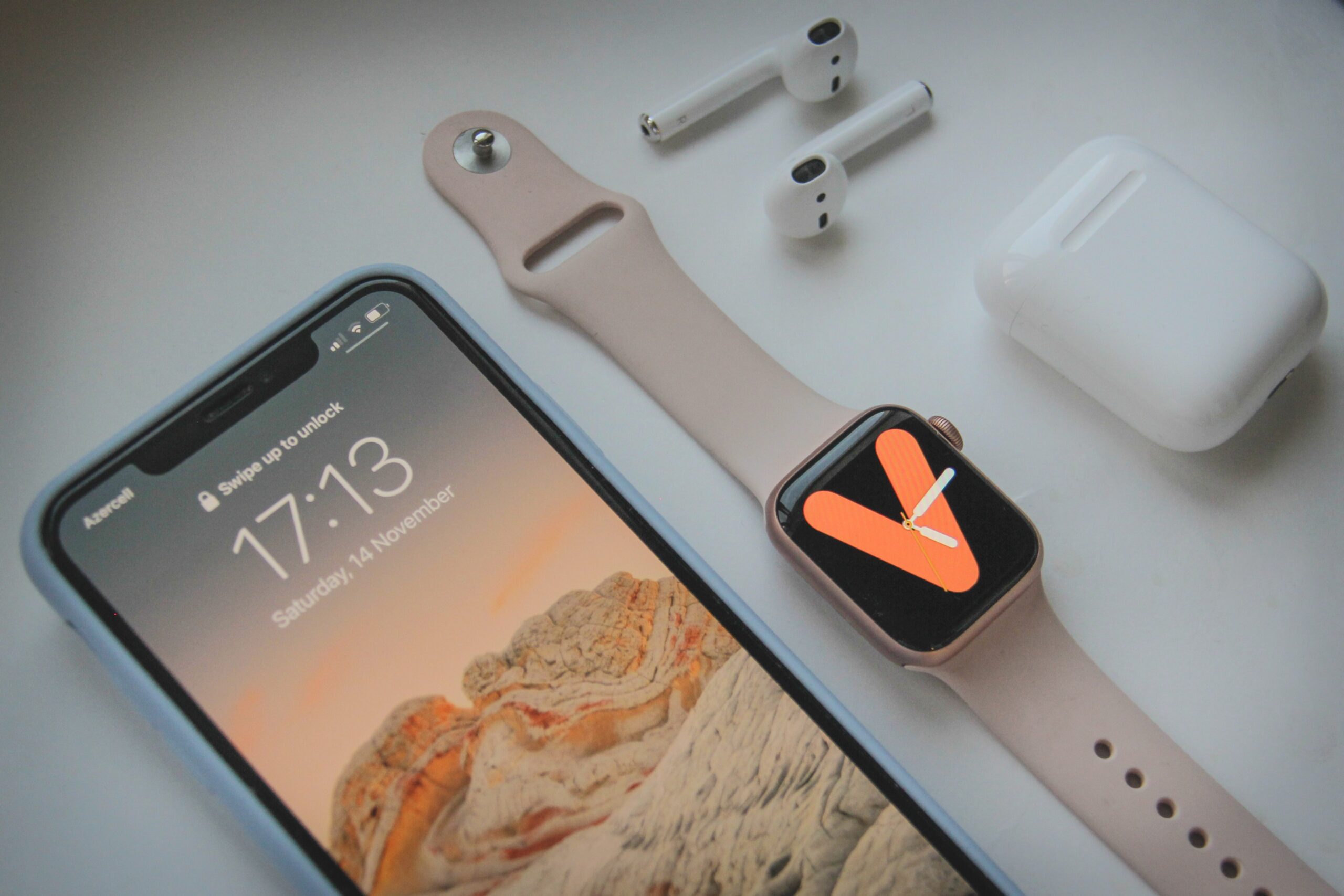The days of cybercriminals focusing their assaults largely on laptop and desktop computers appear to be fading. Cybercriminals are increasingly targeting cellphones and tablets. If this is true, it poses the question of whether Android or iOS is the more trustworthy mobile operating system. As customers increasingly utilize their mobile devices for banking, connecting on social media, and conducting online purchases, it’s no wonder that scammers are targeting iPhones, iPads, and Android smartphones with virus and malware attacks. As a result, cyber hackers seeking to access customers’ most personal information have turned their attention to the iOS and Android operating systems.
Another feature that distinguishes iPhones from Android is the safe operating system that it provides with the well-known iOS. Why is it thought to be superior?
1. Open Vs Closed System
Android is a free and open-source operating system. This indicates that the source code is accessible to the public and anyone can look at it. iOS, on the other hand, is a closed system that only Apple truly understands. Anyone may use Android to check for potential vulnerabilities and quickly learn how the system works.
Apple’s system has notably been closed, allowing users to keep complete authority and establish their own regulations. As a result, app developers must follow specific guidelines, otherwise, their apps will not be accepted into the App Store.
2. Importance of Market Share
The security of an operating system is often determined by its market share. Because virus developers, hackers, and scammers want to make the most impact possible, the easiest way to do so is to attack a frequently utilised platform. As a result, Windows is the most commonly attacked desktop operating system.
Android has the greatest smartphone share of the global market, at around 85%, as opposed to 15% for iOS. As a result, Android is the most popular smartphone among hackers and criminals. Even if Android had the strongest security infrastructure in the world (which it doesn’t), Google and its hardware partners would be unable to plug every security flaw, battle every virus, and prevent every cyber scam while still providing customers with a useable product. It’s the nature of having such a large and highly used platform.
So, having a large market share is beneficial, except when it concerns to security. Being smaller, and so having a smaller target, is the better option in this circumstance.
3. Sandboxing
Apple and Google’s operating systems and how they allow programmes to run are highly distinct, which results in very different security scenarios.
Apple employs a method known as sandboxing. This effectively implies that each app operates in its own walled-off space (sandbox), where it can do anything it wants but can’t communicate with other apps or the operating system past a certain point. This means that even if an app had harmful code or a virus, the attack would be unable to spread outside of the sandbox and cause further harm.
Google, on the other contrary, developed Android to be as open and flexible as possible. This provides many advantages for consumers and developers, but it also makes the platform more vulnerable to assaults.
4. App Review Process
The app stores on both platforms are yet another place where security is a factor. If you don’t receive a virus or have your phone hacked, your phone will be safe, but what if an attack is hidden inside an app that seems to be something else altogether? In that instance, you’ve unknowingly placed the security breach on your phone.
While this could arise on either platform, it’s far less likely to occur on an iPhone. Because all apps posted to the App Store are reviewed by Apple before they are published. While that assessment doesn’t entail a thorough examination of an app’s code, it does offer some protection, as just a handful of harmful programmes have ever reached into the Apple App Store.
Apps published by Google are subjected to far less scrutiny. Google Play allows one to upload an app and make it available to users in a matter of hours, but Apple’s procedure can take several weeks.
5. Superior Facial Recognition
Both platforms have similar security mechanisms, but Android developers prefer to be first with a feature, whereas Apple developers prefer to be the finest. Face recognition is an example of this.
Face recognition technologies are incorporated into both Apple and Samsung phones, allowing you to use your face as a passcode to unlock the phone or authorise payments via Apple Pay and Samsung Pay. Face ID, which is featured on the iPhone X, XS, and XR, is a safer version of this technology.
Security experts have demonstrated that a photograph of a face, rather than a legitimate thing, can mislead Samsung’s system. Samsung has even issued a notice on the feature, telling customers that it isn’t as safe as fingerprint authentication. Apple, on the other end, has developed a system that is unaffected by photographs, can recognise your face even if you change your physical appearance, and serves as the first line of protection on the latest iPhones.
Is iPhone really secure though?
One of the world’s foremost cybersecurity experts recently cautioned that the worrisome new spike in malicious apps poses a far greater threat to iPhone users than we might realize. He claims that iPhones have an alarming security flaw. The attack surface has grown significantly and a big increase in fraudulent mobile apps is being witnessed.
The reputation of Android for safeguarding its fragmented ecosystem is not great people believe that iPhones are considerably safer. However, we can buy an Android and quickly lock it down. With an iPhone, however, this is not the case. Apple makes its products more difficult to hack, but also more difficult to secure. We rely on Apple to do the legwork for us, and as a consequence, we cannot ensure the safety of our iOS device. Ironically, the security risks between the two platforms have now been equalized.

